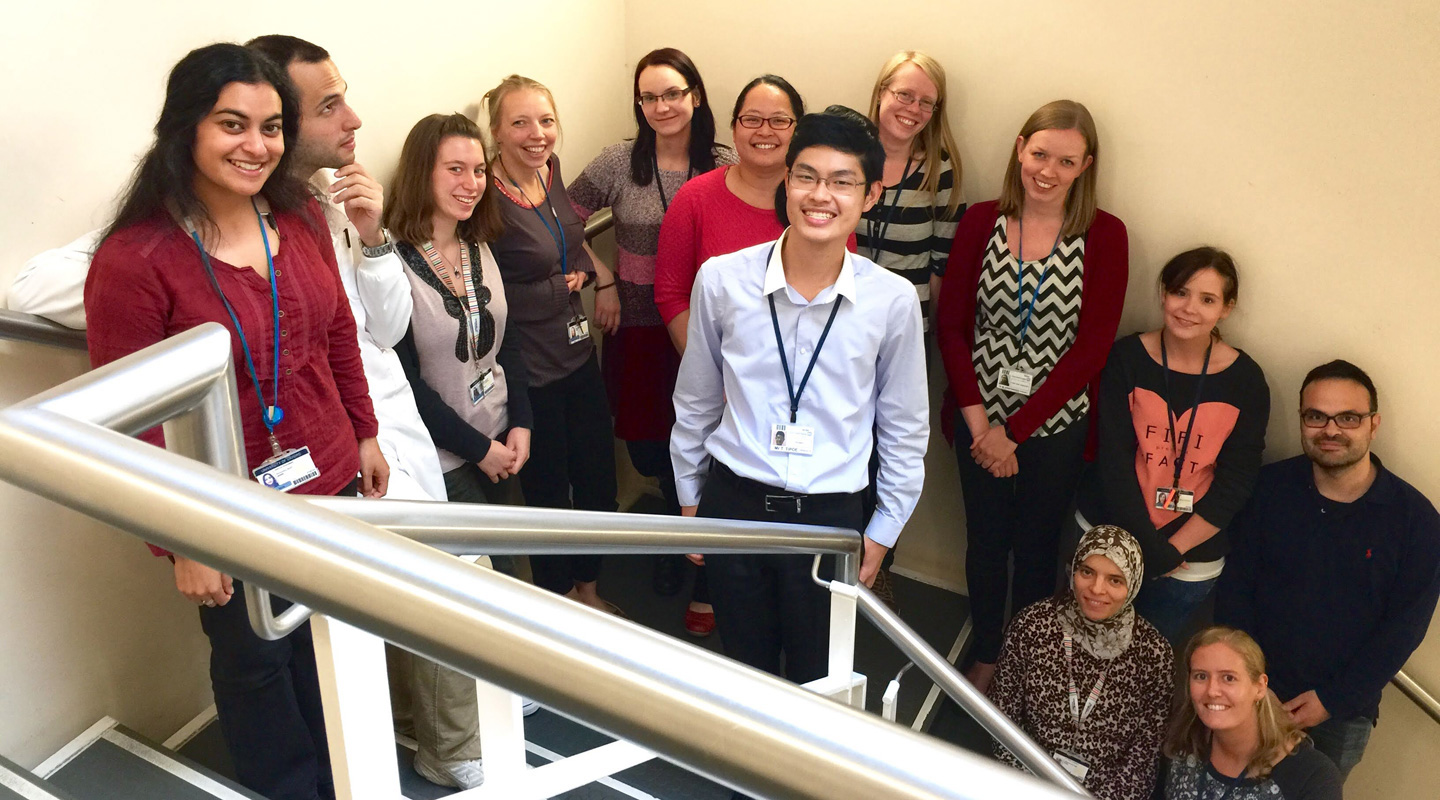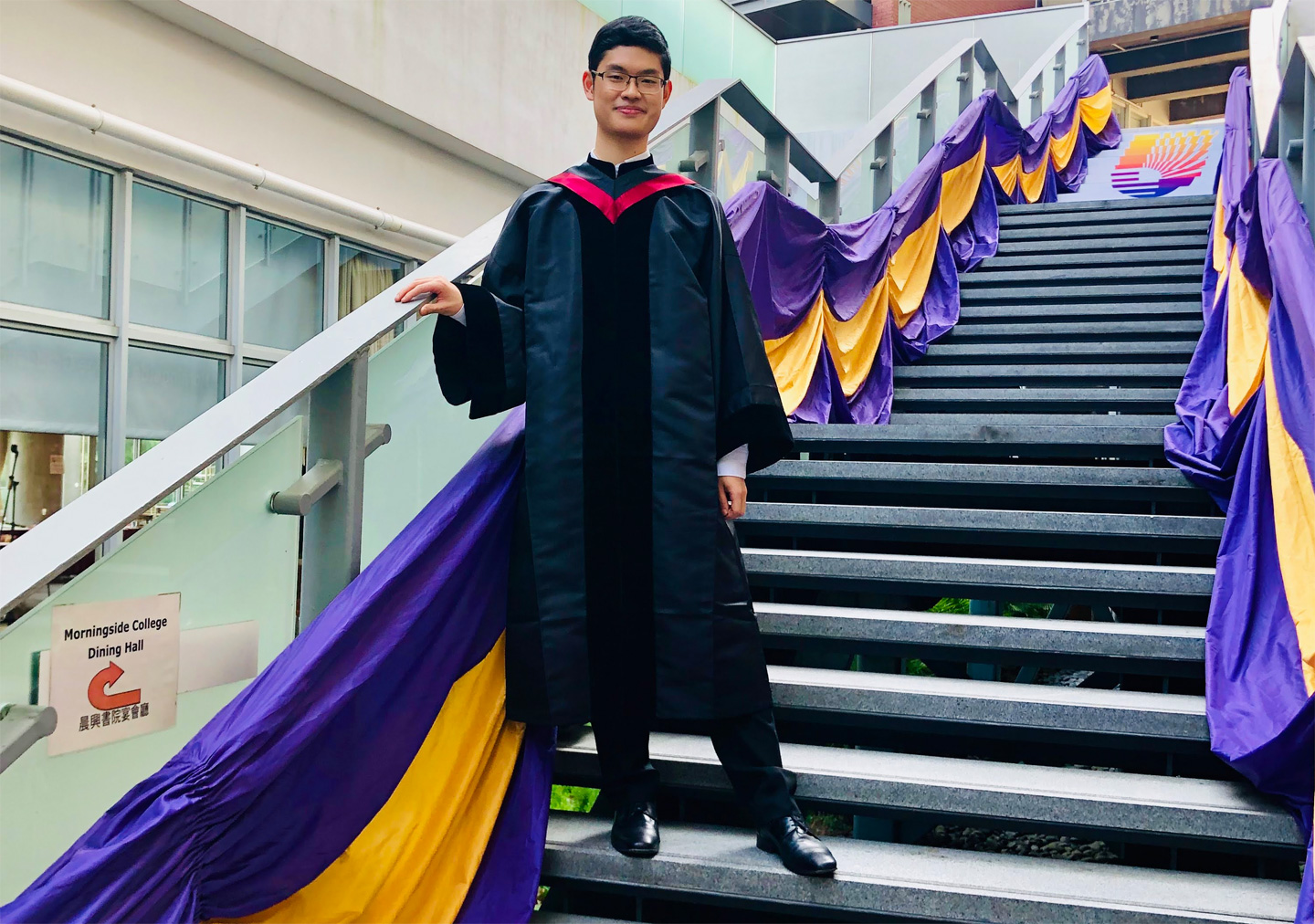What It Means to Be a Doctor
Timothy Liong Tipoe shares the stories and paths which led to his profession

As members of a society, we see medical practitioners as those who were born with a calling. While one may admire or even envy the perks, be it a handsome paycheck or the prestige, that a doctor can enjoy, it is nearly impossible for us to fathom the hardships that the profession entails.
‘Being a doctor is more than just a job. It calls for lifelong dedication, commitment and responsibility,’ said Dr. Timothy Liong Tipoe.
It was a Friday morning when I conducted the interview with Dr. Tipoe. With the pandemic still raging on, we decided to do it through video conferencing. There was a drizzle of rain from the blue grey sky that day, and at 11:00 a.m. sharp, the image of Dr. Tipoe instantly popped up on my screen. Despite the light bags under his eyes and other telltale signs of exhaustion, Dr. Tipoe quickly enlivened the ambience with vim and vigour, and his zeal for his work was visibly palpable.
As the English name may hint or suggest, Dr. Tipoe is not your typical Hongkonger—his parents were born in the Philippines and migrated to Hong Kong during the late 1980s. He is also not your typical student—growing up with a keen interest in biology, he has actively participated in different kinds of attachment programmes and vividly experienced a slice of life.
‘I first joined the Summer Clinical Attachment Programme organized by CUHK and Prince of Wales Hospital when I was in my junior high. After various tours and exclusive visits to a number of medical facilities, I took an immediate liking to medical sciences and the animated campus that CUHK has to offer. So I said to myself, “That’s it, Timothy! This is the goal I am going to strive toward!”’
With unremitting resolve and tons of hard work, Dr. Tipoe passed the public exams with flying colours and eventually set foot on CUHK once again: this time as an undergraduate of the Faculty of Medicine’s MBChB programme, in which he was provided another chance for attachment in the Weatherall Institute of Molecular Medicine in the University of Oxford.

Such attachment experience was also the turning point of Dr Tipoe’s life. ‘My times at Oxford made me reflect on the importance of clinical research. In this day and age, there is still no precise cure for a copious number of deadly diseases, like the notorious AIDS or the recent coronavirus disease. I just want to discover the right panacea so that no one has to suffer from sickness and maladies.’
After graduating from CUHK, Dr. Tipoe spent an entire year training as a House Officer at Queen Mary Hospital and Prince of Wales Hospital, during which he was awarded the Esther Yewpick Lee Millennium Scholarship to pursue a DPhil in Clinical Medicine at the University of Oxford. He will begin his doctoral studies in October this year.
I asked Dr. Tipoe to recall the most arduous task that he has encountered during his House Officer days. Surprisingly, it is something that had never crossed my mind. ‘To be honest, the most stressful moment is definitely the times when I have to speak to the patients in Cantonese during my medical training. Since I had been studying in international schools during my primary and high school years, there weren’t a lot of opportunities for me to practice my Cantonese. Because of this, I have spent a great deal of time honing my oral and writing proficiency with my friends in medical school.’
Do not worry, Dr. Tipoe. Judging from the conversation we had, I will give you 10 out of 10 for both clarity and eloquence!

On a more serious note though, the path of becoming a physician is, for sure, an arduous one; it is no exaggeration that a resident has to run a 30-hour shift continuously when duty calls, not to mention the abrupt medical decisions and the constant bombarding emotions that a doctor has to regularly make and contain.
‘I distinctly remember the days when I joined the “dirty team”—medical workers that were assigned to handle confirmed COVID-19 cases, should they come through to the hospital—in February. At one time I was treating a patient who was diagnosed with the novel coronavirus. He feebly grabbed my hand and asked me in a trembling voice, “Doctor, will I die from the disease?”’ This is also the first time for Dr. Tipoe to see the stethoscope around his neck is not necessarily a shining beacon, but a weight that can drag any compassionate souls down.
‘A doctor does not always have all the answers, even though you want nothing more than to solve the abstruse dilemma and to be the rock for your patients and their families. All you can do is to diagnose based on experience, reach a conclusion, and use the right words to convey the result to your patients,’ Dr. Tipoe continued. He quickly learnt that practising medicine does not give you the time to hide or drown your sorrows; there is always another patient to cure, another emergency to avert, and another problem to tackle.
To borrow a quote from one of the articles that I have read and come across, a doctor has two options in who you wish to become: you can choose to tough it out from agony and grief, or you can choose to remain vulnerable to emotions that may destroy you someday.
With the commencement of the academic year around the corner, Dr. Tipoe encouraged all of his fellow schoolmates to meet people from all walks of life should they decide to practise medicine. ‘Becoming a physician requires rigorous education and training. Try to join as many attachment programmes as possible. Also try to talk with different practitioners and gain as much experience as possible. Most importantly, learn to face your emotions head-on, and, be human.’
By ronaldluk@cuhkcontents

